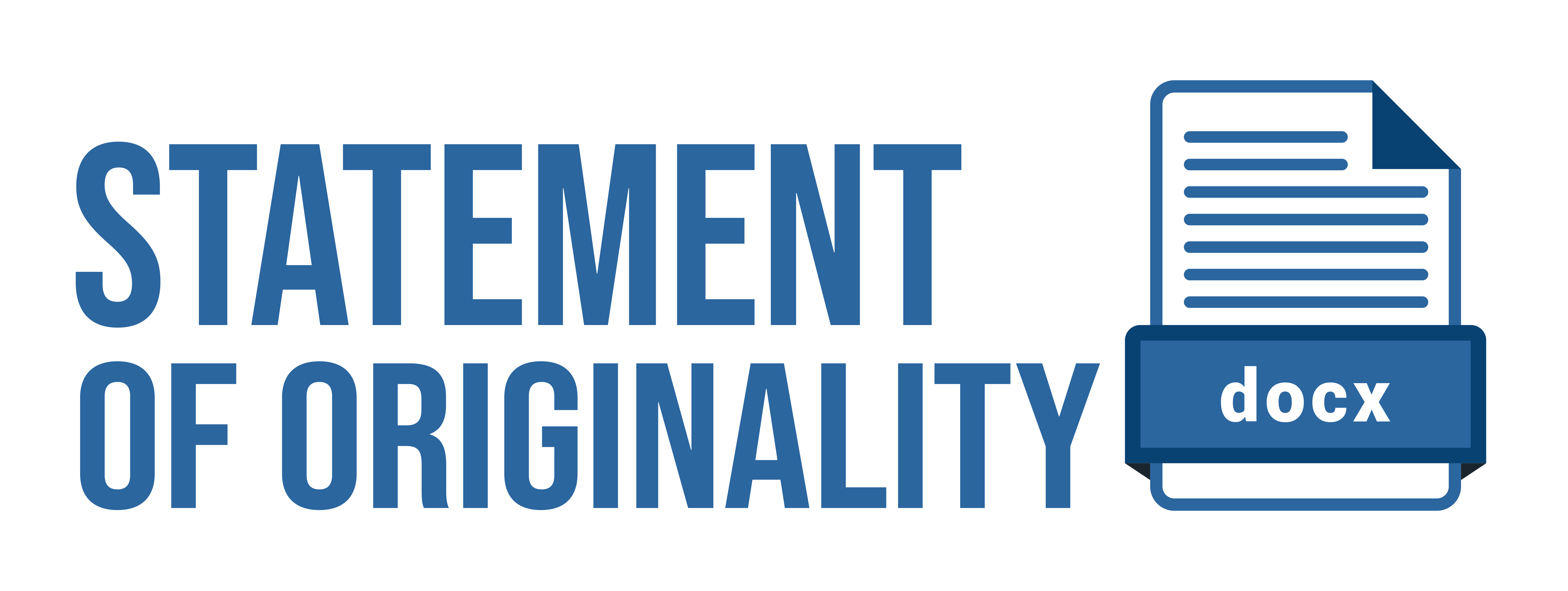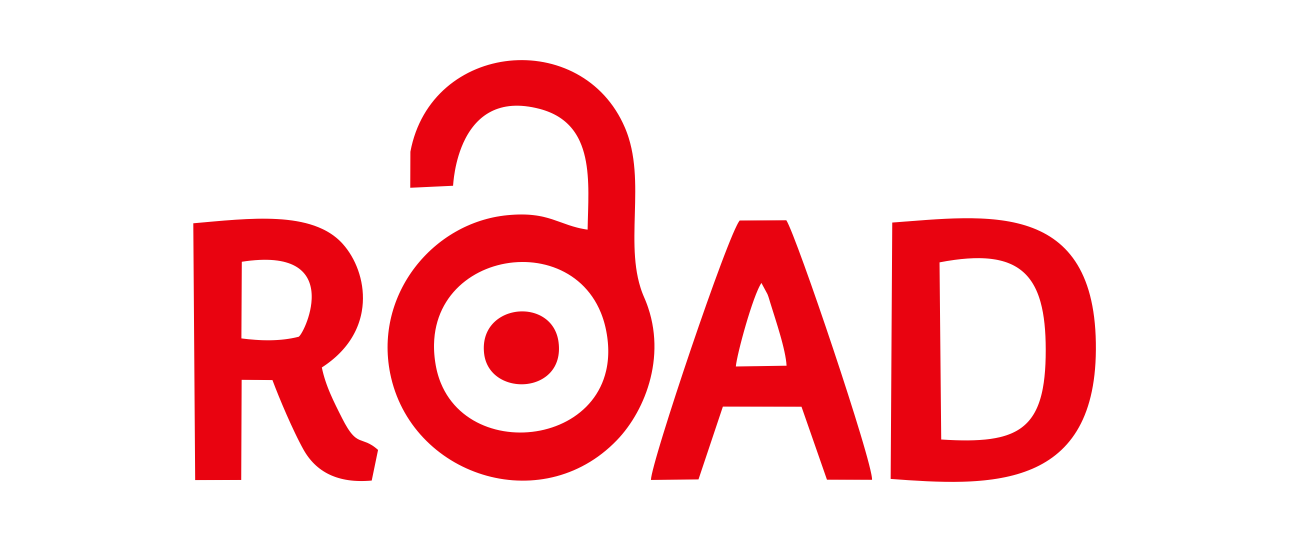PENENTUAN BESARAN NAFKAH MADHIYAH, NAFKAH IDDAH DAN MUT’AH DALAM PERKARA PERCERAIAN DI PENGADILAN AGAMA
DOI:
https://doi.org/10.15575/adliya.v15i1.11874Keywords:
divorce, alimony Madhiyah, Iddah, Mut'ahAbstract
In navigating the household ark, disharmony cannot be avoided, one of which is the result of neglecting rights and obligations that lead to the breakdown of the marriage. One of the consequences was the burden on the husband to pay for the madhiyah, iddah, and mut'ah livelihoods. The wife has the right to request payment of maintenance to the Religious Court if the husband does not fulfill his obligation to provide for his services. This study aims to discuss the legal basis and considerations of the panel of judges in determining the levels of the amount of madhiyah, iddah, and mut'ah. This study uses normative juridical research to examine statutory regulations related to determining the amount of madhiyah, iddah, and mut'ah. The results showed that First. The basis for determining the amount of income for the former husband is adjusted according to the ability of the husband as stated in Presidential Instruction No. 1 of 1991 concerning KHI, Law no. 1 of 1974, and SEMA No. 3 of 2018 Results of the Plenary of Religion point 2 as the refinement of SEMA No. 7 of 2012 number 16 and Article 149 letter b of the KHI. In the case of divorce talak (Article 8 number (3) letter (c) PERMA No. 3 of 2017) the maintenance of mut'ah and iddah is paid together with the pledge of divorce when pronounced by the Petitioner. Second, the judges' judgment regarding the determination of the level of the amount of living is based on, a) the wife does not commit nusyuz, b) the economic condition of the husband, c) based on the consideration of the reasonable needs of each party.
References
Arnengsih, A, and Mohamad Sar’an. “Hak Asuh Anak Akibat Cerai Gugat Dalam Perkara Nomor 0915/Pdft.G/2017/PA.Bgr.†Al-Ahwal Al-Syakhsiyyah: Jurnal Hukum Keluarga Dan Peradilan Islam 1, no. 2 (2020): 123–34. https://doi.org/10.15575/as.v1i2.9910.
Basyir, Ahmad Azhar. Hukum Perkawinan Islam. Yogyakarta: UII Press, 2007.
Bisri, Cik Hasan. Peradilan Islam Dalam Tatanan Masyarakat Indonesia. Bandung: Rosdakarya, 1997.
Fakhria, Sheila. “Cerai Gugat Dan Implikasinya Terhadap Hak-Hak Finansial Perempuan.†Legitima: Jurnal Hukum Keluarga Islam 1, no. 1 (2019): 91–119. https://doi.org/10.33367/legitima.v1i1.648.
Fatmawati, Fatmawati. “Kewenangan Peradilan Agama Dalam Memutus Perkara Perceraian Akibat Murtad.†Jurnal Ilmiah Pendidikan Pancasila Dan Kewarganegaraan 2, no. 1 (2017): 26–33. https://doi.org/10.17977/um019v2i12017p026.
Ihwanudin, Nandang. “Pemenuhan Kewajiban Pasca Perceraian Di Pengadilan Agama.†ADLIYA: Jurnal Hukum Dan Kemanusiaan 10, no. 1 (2019): 51–68. https://doi.org/10.15575/adliya.v10i1.5146.
Jannah, Hasanatul. “Kompetensi Hukum Pemenuhan Nafkah Istri Pasca Perceraian.†De Jure, Jurnal Syariah Dan Hukum 2, no. 1 (2010): 71–79. https://doi.org/https://doi.org/10.18860/j-fsh.v2i1.57.
Jundan, Gozwan. “Perceraian Usia Tiga Tahun Perkawinan Dari Pasangan Muda.†Al-Ahwal Al-Syakhsiyyah: Jurnal Hukum Keluarga Dan Peradilan Islam 1, no. 1 (2020): 39–60. https://doi.org/10.15575/as.v1i1.7801.
Kalsum, Ummu. “Pertimbangan Hakim Terhadap Nafkah Istri Dalam Kasus Cerai Talak Di Pengadilan Agama Watampone Kelas 1 A.†Jurisprudentie : Jurusan Ilmu Hukum Fakultas Syariah Dan Hukum 6, no. 2 (2019): 57. https://doi.org/10.24252/jurisprudentie.v6i2.9766.
Khairuddin, Badri, and Nurul Auliyana. “Pertimbangan Hakim Terhadap Putusan Nafkah Pasca Perceraian (Analisis Putusan Mahkamah Syar’iyah Aceh Nomor 01/Pdt.G/2019/Ms.Aceh).†Journal of Chemical Information and Modeling 53, no. 9 (2019): 1689–99.
Kusumasari, Diana. “Bisakah Menuntut Ayah Karena Tidak Memberi Nafkah?†HukumOnline.com, 2011. https://www.hukumonline.com/klinik/detail/ulasan/lt4dff1ad6cc74e/bisakah-menuntut-ayah-karena-tidak-memberi-nafkah-/.
Mukhlas, Oyo Sunaryo. Perkembangan Peradilan Islam. Bandung: Ghalia Indonesia, 2011.
Muthi’ah, Aulia. Hukum Islam Dinamika Seputar Hukum Keluarga. Yogjakarta: Pustaka Baru, 2017.
Nelli, Jumni. “Analisis Tentang Kewajiban Nafkah Keluarga Dalam Pemberlakuan Harta Bersama.†Al-Istinbath : Jurnal Hukum Islam 2, no. 1 (2017): 29. https://doi.org/10.29240/jhi.v2i1.195.
Nuriel, Amiriyyah. “Nafkah Madliyah Anak Pasca Perceraian: Studi Putusan Mahkamah Agung Republik Indonesia Nomor 608/K/AG/2003†6 No. 1, no. 1 (2015): 1–15. https://doi.org/https://doi.org/10.18860/j.v6i1.4085.
Rasjid, H. Sulaiman. Fiqh Sunnah. Bandung: Sinar Baru Algesindo, 1994.
Rosadi, Aden. Peradilan Agama Di Indonesia Dinamika Pembentukan Hukum. Bandung: Simbiosa Rakatama Media, 2015.
Sururie, Ramdani Wahyu, and Harry Yuniardi. “Perceraian Dalam Keluarga Muslim Di Jawa Barat.†Jurnal Al-Manahij XII, no. 2 (2018): 263–80. https://doi.org/https://doi.org/10.24090/mnh.v12i2.1361.
Downloads
Published
How to Cite
Issue
Section
Citation Check
License
Authors who publish in ADLIYA: Jurnal Hukum dan Kemanusiaan agree to the following terms:
- Authors retain copyright and grant the journal right of first publication with the work simultaneously licensed under a Attribution-ShareAlike 4.0 International (CC BY-SA 4.0) License that allows others to share the work with an acknowledgment of the work's authorship and initial publication in this journal.
- Authors are able to enter into separate, additional contractual arrangements for the non-exclusive distribution of the journal's published version of the work (e.g., post it to an institutional repository or publish it in a book), with an acknowledgment of its initial publication in this journal.
- Authors are permitted and encouraged to post their work online (e.g., in institutional repositories or on their website) prior to and during the submission process, as it can lead to productive exchanges, as well as earlier and greater citation of published work (See The Effect of Open Access).
















